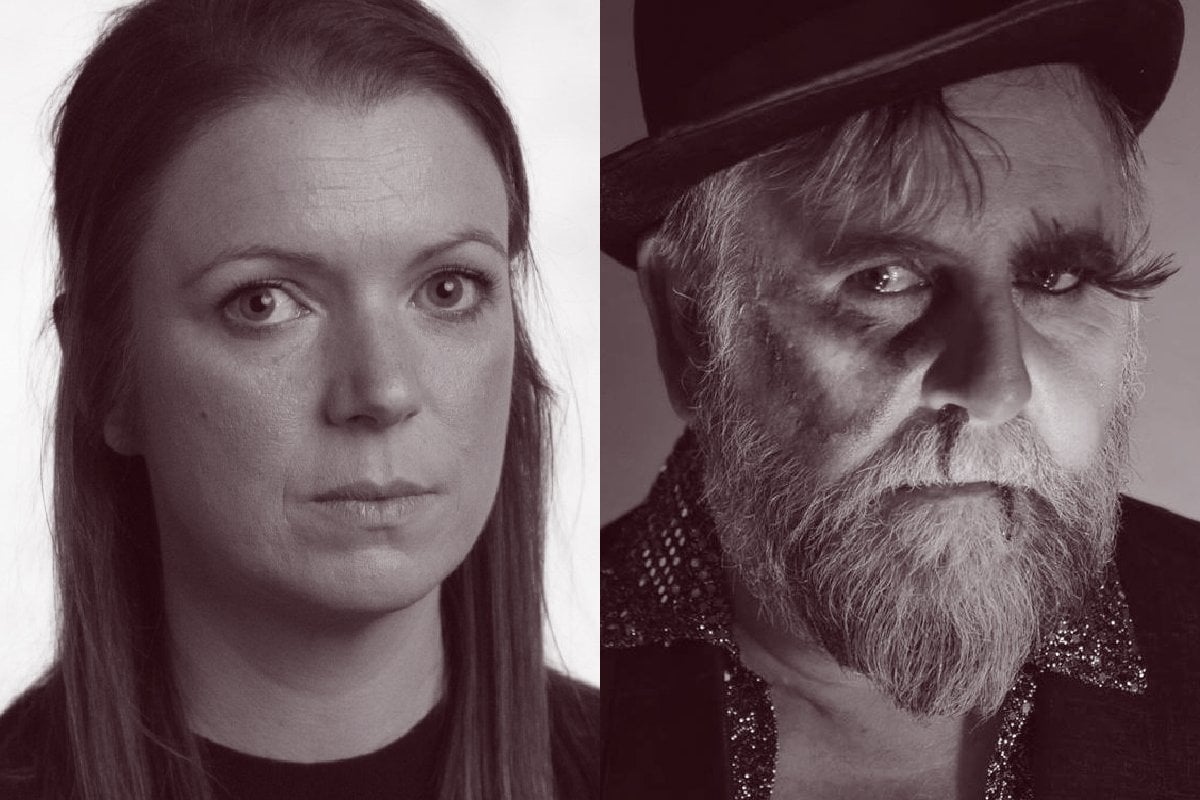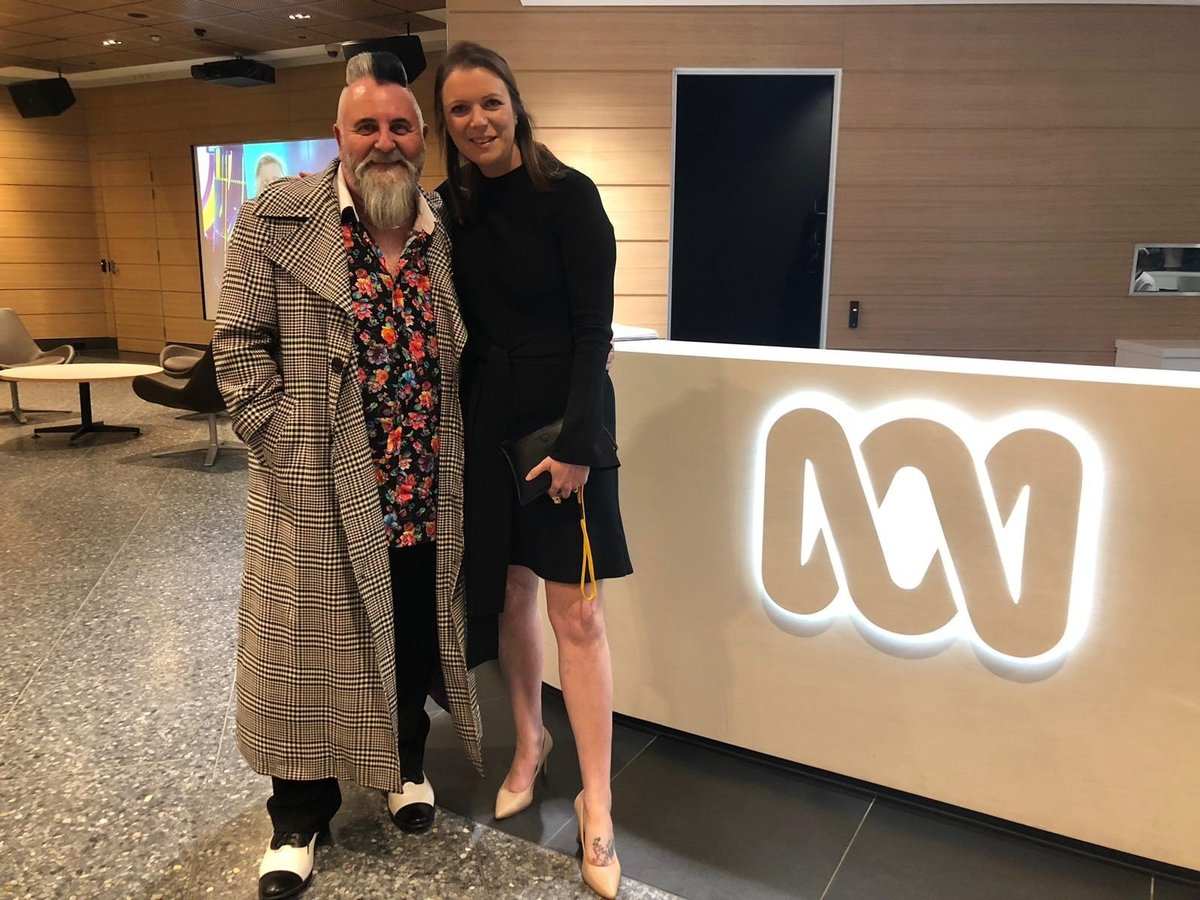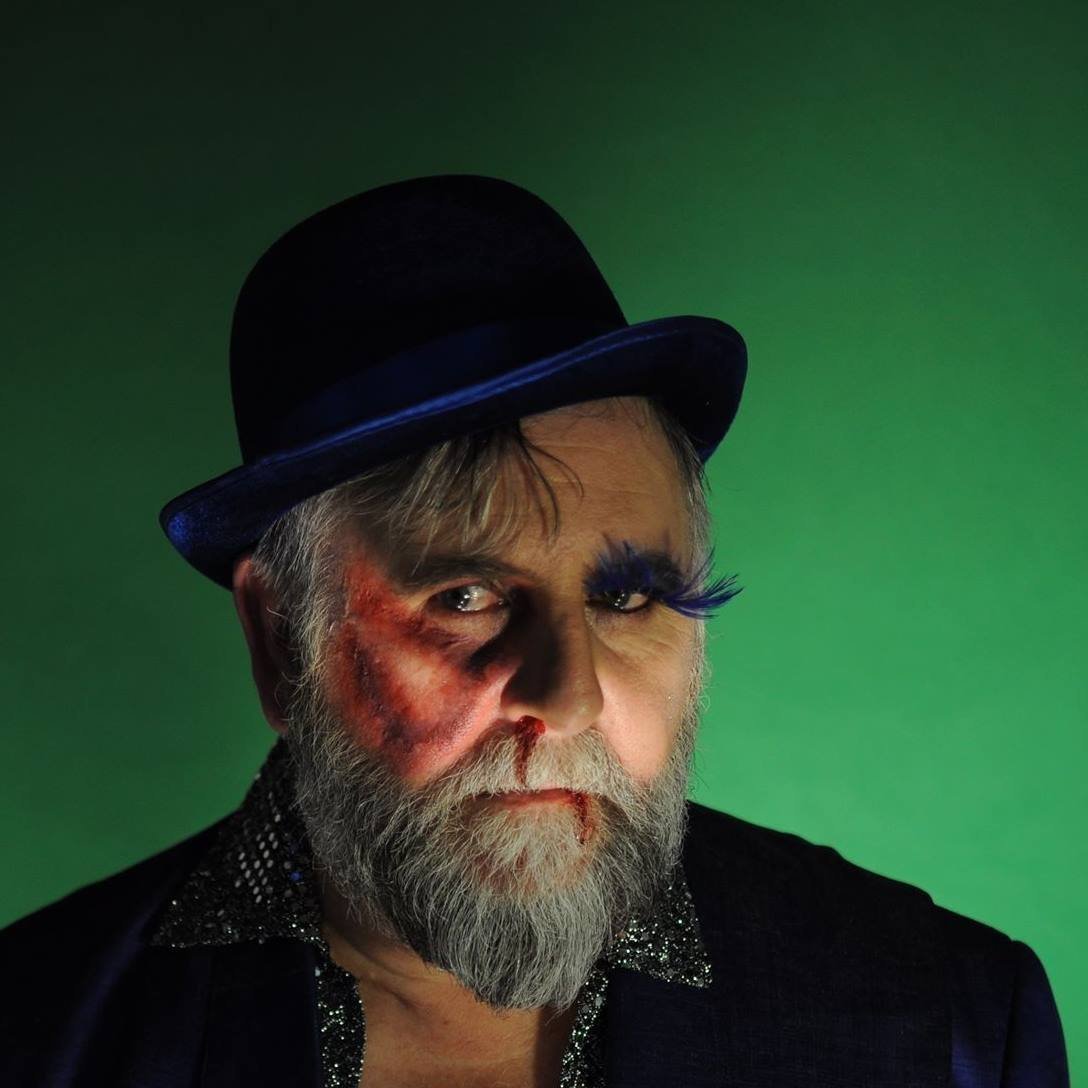
This post deals with domestic violence and might be triggering for some readers.
Today is LGBTQI Domestic Violence Awareness Day.
While the research, data and understanding of how people within the LGBTQ community experience family violence is limited, current statistics suggest that over 60 per cent of lesbian, gay, bisexual, transgender and queer people have experienced domestic or family violence.
When society thinks of a family violence victim, they probably picture someone who looks like me. I am an 'ideal victim'… I am white, straight, female, a mother, and I left my abusive relationship with physical injuries.
This also meant that when I escaped my abusive relationship and sought support, I looked and behaved in a way that our services and systems were set up to respond to.
In 2015, when I turned up seeking assistance, bruised face, child in my arms and unable to speak without crying, it was hard for anyone to feel anything but empathy.
Sometime later, in 2018 I began to discuss sharing my story with ABC producers; I’d be lying if I said I didn’t feel a prickliness when the producer mentioned I’d be seated next to a male victim.
I knew my personal bias was challenging me. And on filming day when Russ Vickery walked in, in all his colourful ways, flanked by his supportive husband, I felt a strong pang of ignorance.
How limited was the lens of my own experience? I had not for one second thought it may have been a gay male victim.
 Russ and Geraldine. Image: Supplied.
Russ and Geraldine. Image: Supplied.


Top Comments